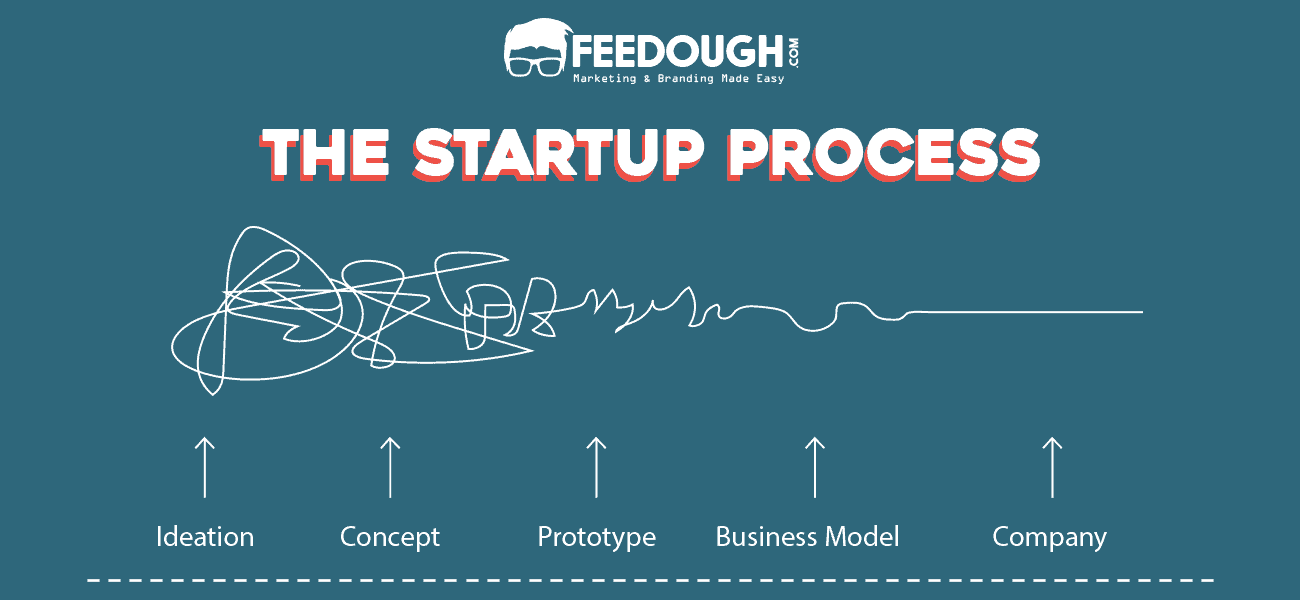The future of work is changing, and it is not limited to the work culture alone. With youth seeking more meaning and satisfaction in what they do, entrepreneurship is one potential pathway. Pakistan, a young country with untapped potential, has a growing startup ecosystem. And while the startup landscape is all new and shiny gadgets that everyone wants to play with, it lacks the basic structure that founders need in terms of support.
Before starting my role as a Youth Engagement fellow at Making Cents International, where I get to work with inspiring young leaders from all over the world, I was working with the National Incubation Center (NIC) in Islamabad, Pakistan. We interviewed hundreds of candidates with seemingly fantastic ideas and incubated the best out of them. And now I am focusing my work on 4 key components that I am passionate about:
- Women empowerment
- Entrepreneurship
- Youth engagement and
- Community building
Now the interesting insight for me is in how closely related these four subjects are. Almost like we’re talking about the same thing in four different ways. But that’s not how simple it is. They’re interlinked and add value to each other, but you’ll be surprised by how many layers of operations there are in each individual component. So, while I worked with the NIC and the fantastic team there, I wanted to explore some more and get educated. I started studying the startup ecosystem in regions where I made new friends, took on some courses to get the very basics of it, and looked at some successful companies. And in my limited knowledge and understanding of the sector, here is what I have to share about starting a startup.

Can you start a startup? Career progressions are not always linear. If you’re keen on starting a startup, for any reason whatsoever, there are multiple ways the outcome can favor you. Despite the apparent failure of the goal, you set out to do, starting a startup can still benefit your professional growth.
But the decision to start your own startup heavily depends on
“What do you have to lose?”
That’s not a rhetorical question but a very practical one. If you’re straight out of college or about to graduate, starting your startup might not cost you a lot. In the best-case scenario, it takes off and you save yourself from the trouble of climbing the corporate ladder. But even if it fails, you can take that experience and invest it into getting hired by other companies. Companies, especially successful startups, prefer hiring past founders. It shows that you’re capable of initiative, a self-starter.
To start your company, you need 2 key components
- An idea
- A co-founder
Simple enough, right? Well, actually. No! Starting a startup, building someone from scratch is a labor of love with blood, sweat, and tears. You cannot start a startup with the mindset that you will wing it. Or because there are so many stories and if they could do it, so can you. But it’s not impossible. In my experience of working with startups, I now understand that before all the problems of lack of resources and mentorship, there is a huge crisis of everyone thinking that they are set to be a startup founder. You cannot start a startup super early in life and expect to run it as a side project. That way you won’t be able to do either. If your idea takes off, you have to dedicate your full self to running it. In that case, you are immature and ably do not know the real-life dynamics. Another trade-off is missing out on the young phase of your life. Which can even help you identify a better way of doing what you want to do. Universities can’t teach you how to be a founder. Because being loaded with theoretical knowledge doesn’t translate into being able to create something that your user wants. You can be educated with the nits and grits to the teeth but still not succeed. Because once you’ve created something that your users want, you can no longer run it successfully while being a student.
But let’s focus on how to have an amazing startup idea. Like most things, it has to be organic. You cannot just think and focus and make up problems to solve and call it a startup idea. That’s a classic recipe for disaster.
Here are some common mistakes for startup ideas:
- Building something that doesn’t really solve a problem; A solution in search of a problem. That’s a superficially plausible problem that looks convincing on paper but has no real need.
- Getting stuck on Tarpit idea: Widespread ideas with many potential founders. They’re not impossible. They’re common ideas that seem much harder than they seem.
- Not evaluating an idea.

So, what do we do? How do we get to a point where we are confident that we can start a startup? Here are some tips on how to come up with startup ideas:
- Start with something that your team is already good at, automatic founder market fit.
- Start with a problem that you’ve personally encountered.
- Think of things you personally wished existed
- Look for new opportunities in a world that has recently changed.
- Look for variants of existing successful companies
- Talk to people and ask about their problems
- Look for industries that are broken
And once you have an epic idea that you’re confident and committed to building, take a step back and re-evaluate.
Here are some key questions to ask yourself before you actually invest time and money into starting a startup (from my notes from the YC Startup School course):
- Do you have a founder/market fit: Are you the right team to be working on this idea?
- How big is the market?
- How acute is this problem?
- Existing competition
- Do YOU want this (product)?
- Did this only become recently possible?
- Proxies: Some big company that does the same on a large scale.
- Do you want to work on it for years?
- Scalability.
- Good idea space: One level of abstraction from one startup idea.
While this blog does not offer any real solutions on how to become a successful entrepreneur, and it was not supposed to because I am not an expert, it does provide some insight into avoiding common mistakes that hundreds of fresh startup founders make.
I believe that entrepreneurship is a fantastic way to uplift the economy and especially, bridge the gender economic gap by empowering more women with tools for financial inclusion. But the path is not for everyone. And it is not simple and glamorous. If anything, it’s double the effort and a thankless job.



